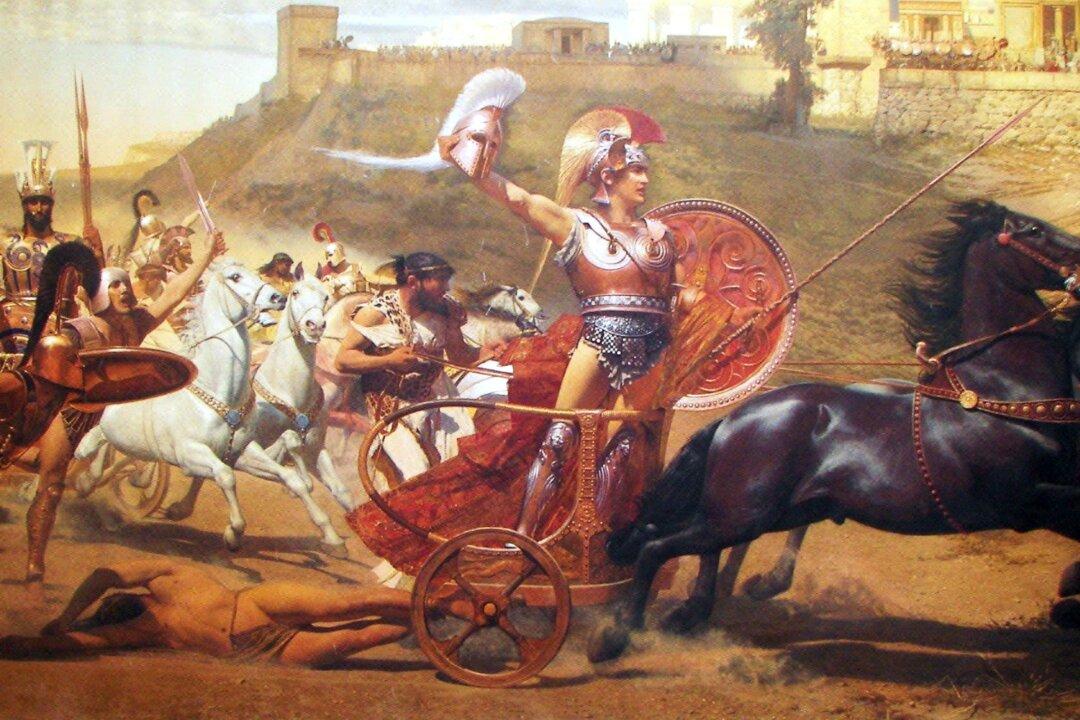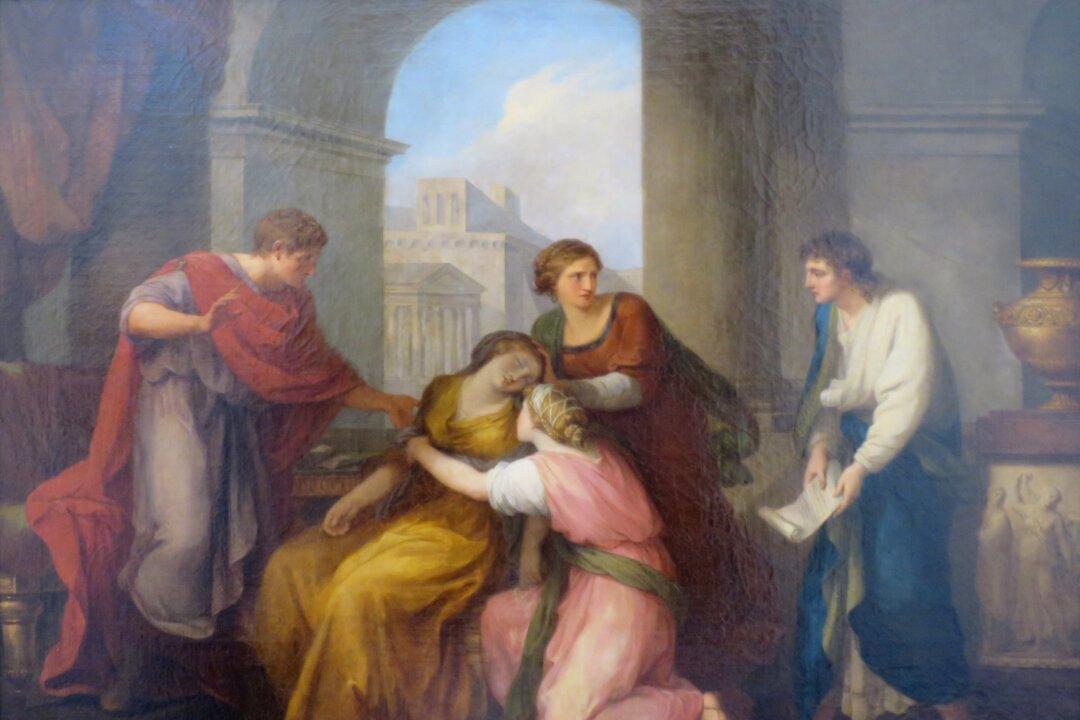Homer’s “Iliad” is usually thought of as the first work of European literature, and many would say, the greatest. It tells part of the saga of the city of Troy and the war that took place there. In fact, the “Iliad” takes its name from “Ilios,” an ancient Greek word for “Troy,” situated in what is Turkey today. This story had a central place in Greek mythology.
The poem deals with a very short period in the 10th year of the Trojan War. This sometimes surprises modern readers, who expect the whole story of Troy (as, for instance, in Wolfgang Petersen’s 2004 film “Troy”). But Homer and other early epic poets confined their narratives to particular periods in the war, such as its origins, key martial encounters, the fall of the city, or the returns of the soldiers to Greece. There is no doubt that Homer and other early poets could rely on a very extensive knowledge of the Trojan War among their audiences.


